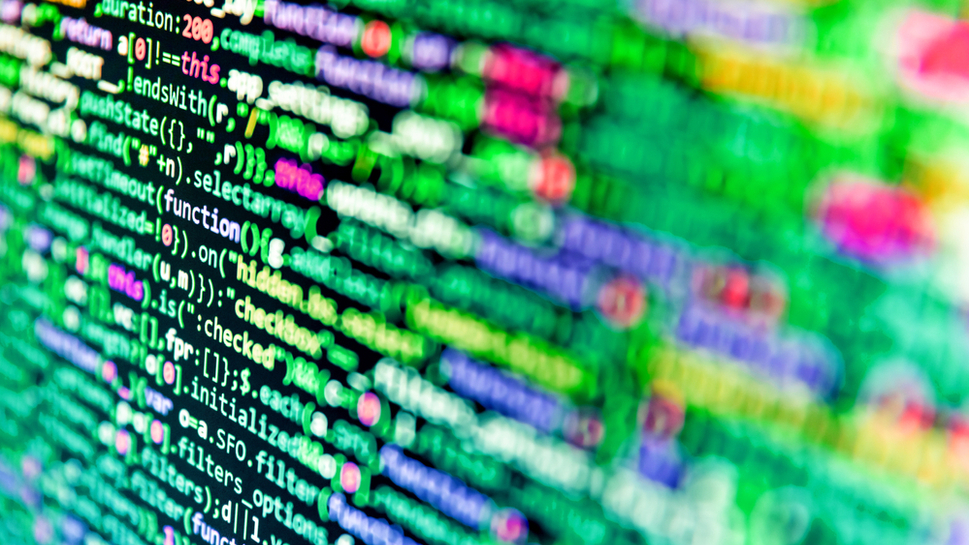Linux 5.10 will deliver 'historic' upgrade
Linus Torvalds heralds new launch as Linux 5.10 release date approaches

The creator of Linux has hailed the "historic" launch of the latest update as one of the most important in the software's history.
Linus Torvalds said that the release of Linux 5.10 was, "a bigger release than I expected", and could surpass version 5.8 to be the biggest software launch for the company yet.
The launch looks to make the open-source software platform more powerful and easier to use than ever before, offering a number of new additions, upgrades and features for users across the globe.
- Here's our list of the best laptops for programming around
- Also check our roundup of the best Linux VPN
- Forget Windows, Linux or MacOS: Our choice of the best alternative operating systems
Linux 5.10 release
In his release notes, Torvalds noted that the size of Linux 5.10 was unusual, saying, "I'm not entirely sure whether this is just a general upward trend (we did seem to plateau for a while there), or just a fluke."
"That said, things seem to have gone fairly smoothly. I don't see any huge red flags, and the merge window didn't cause any unusual issues for me. Famous last words.."
Torvalds highlighted in particular the removal of an addressing tool that seems to have been present in Linux for nearly 30 years, but now could pose a security threat due to the pace of technological change.
The removal of setf_fs() no longer means the Linux kernel is able to override address spaces, as the tool controlled “whether a userspace copy actually goes to user space or kernel space”. This has been a particular issue for some time, after a 2010 security report claimed that the tool could be used to “overwrite arbitrary kernel memory locations, and gain privileges”.
Are you a pro? Subscribe to our newsletter
Sign up to the TechRadar Pro newsletter to get all the top news, opinion, features and guidance your business needs to succeed!
Since 2010, chip designers and programmers have moved their technology far forward, but Linux kept the feature in, seemingly since the very first software launch. Torvalds described the removal as, "a small historical footnote", adding that, “It's not a _huge_ change, but it's interesting...to most people that all shouldn't matter at all."
Elsewhere, Linux 5.10 brings in better support for Nvidia and Broadcom hardware, including the graphics driver in the latter's CPU used in the Raspberry Pi 4, as well as a number of new accomodations for new CPUs and GPUs across the board.
Linux 5.10 is open for testing now.
- We've put together a list of the best Linux distros around
Via The Register

Mike Moore is Deputy Editor at TechRadar Pro. He has worked as a B2B and B2C tech journalist for nearly a decade, including at one of the UK's leading national newspapers and fellow Future title ITProPortal, and when he's not keeping track of all the latest enterprise and workplace trends, can most likely be found watching, following or taking part in some kind of sport.